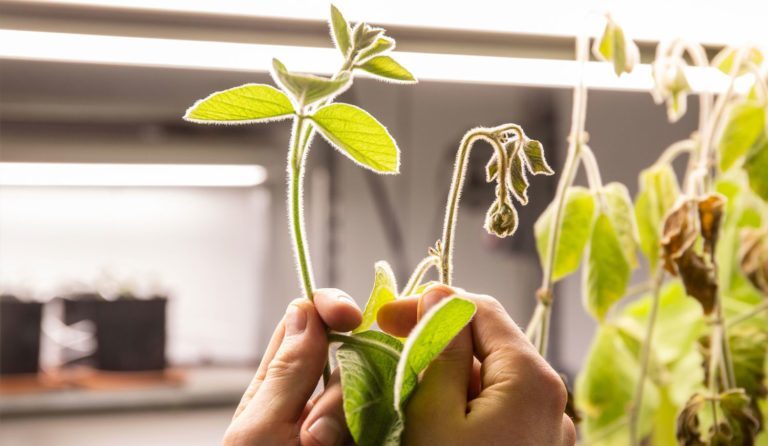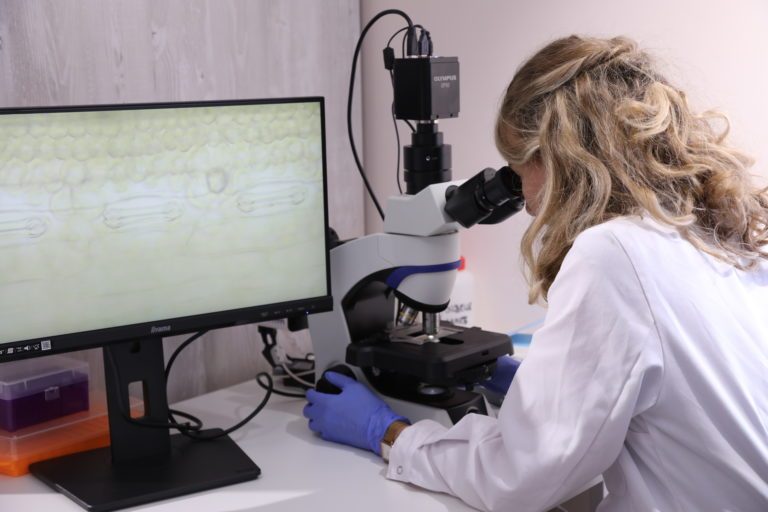Of course, crop variety improvement has enabled the creation of plants better able to cope with lack of water. “But yield performance is not guaranteed and genetic selection can take up to ten years of research before each market launch. As for irrigation, it is now called into question on a regular basis, and is the subject of new conflicts of use.”
“Genetic selection and irrigation alone are no longer enough to combat water scarcity,” warns Jean-François Déchant. “If other means are not found, the stability of global food supplies will be affected. If we hope to cultivate a future where abundance goes hand in hand with preserving the environment, we need to take urgent action by bringing together all those active in the agricultural ecosystem.”
An approach founded on plant-based water resource optimization
Pam Marrone and Mark Trimmer share this view. Experts in biotechnological innovation and natural plant protection respectively, these two American leaders are convinced that innovation will be an integral part of delivering solutions. One way of doing this is to open up the plant protection industry to new fields of research other than biotic stress, and to focus on plant-based water management.
“Elicit Plant’s approach is wholly based on optimizing plant-based water management,” explains Déchant. “The innovation we have developed calls upon the unique properties of phytosterols: plant molecules capable of eliciting a plant’s natural defenses when faced with water scarcity. They help plants protect themselves against water shortage, thereby limiting the effects of drought.”
20% less water consumed, limiting drought-induced stress
Elicit Plant’s products are unique on the market in the way they work, as the two experts emphasized at the Climate Change Prevention Day and at the World Agri-Tech Innovation Summit. Both Mark Trimmer and Pam Marrone expressed their enthusiasm for the results achieved by Elicit Plant. Jean-François Déchant and his team are delighted by their support.
Fueled by growth and development, the company is working with farmers around the world to meet the challenges posed by lack of water in field crops. Applied to plants at the right stage, Elicit Plant’s solutions guarantee a reduction in water consumption of at least 20%. A single preventive application is all that is needed to protect crops and achieve average yield gains of 10%.




